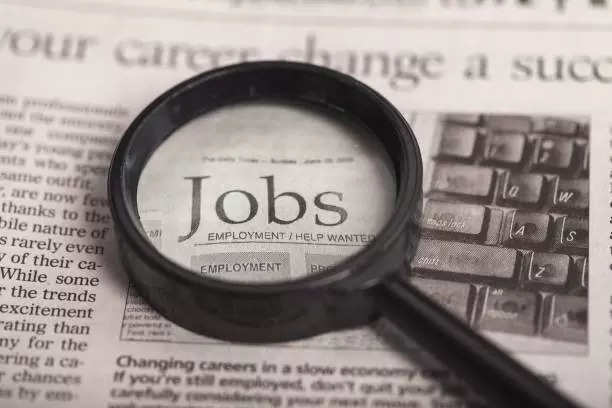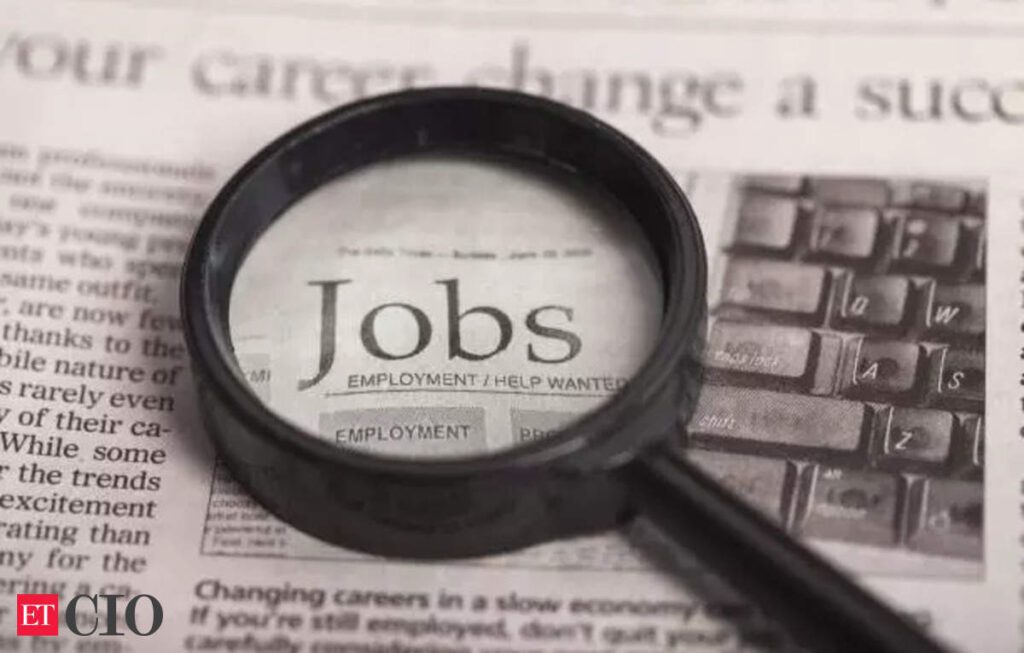 66% of business and HR managers say that new hires come without preparation, largely due to a lack of experience
66% of business and HR managers say that new hires come without preparation, largely due to a lack of experienceWhile artificial intelligence continues to automate routine tasks and reshape employment structures, HR leaders sound the alarm on the narrowed availability of the entry -level roles. According to Deloitte 2025 Report of world capital trends, 66% of business and HR managers claim that new hires are unprepared, largely due to a lack of experience, and indicate the drop in traditional entry -level jobs as a key factor.
The observation highlights an increasing disconnection between the skills that employers need and the paths available to develop them, especially as The entry -level roles disappear in the AI era.
The survey, which has collected information from nearly 13,000 business and HR managers in 93 countries, revealed that 66% of managers consider the lack of experience as the main problem among new recruits. With the REMODEMENT REMODENING The way in which the work is done and the automation of many junior level tasks, traditional learning opportunities are sounding, creating an extended experience gap.
To solve the problem, 73% of managers and 72% of workers say that organizations must take stronger measures to connect talent to opportunities to strengthen real world experience. However, only 7% of organizations declare that they make strong progress in the reinventure of the role of the manager – a key player in the development of talents.
The managers themselves are under pressure. Many spend almost 40% of their time on administrative work and the fight against fires, leaving a short time for coaching. Only 13% of their time is spent developing people, and 36% say they are not sufficiently prepared for people management, while 40% report a drop in mental health after taking the role.
As the workplace is evolving, HR managers must rethink job and development models. This includes the movement towards hiring based on skills and potential, investing it in IA-Human collaboration strategies and the modernization of the employee value proposal (EVP) to reflect the changing workers’ expectations.
In particular, more than 70% of managers and employees are more likely to join and stay with organizations whose EVP supports their growth in an AI world. And more than half of the leaders (52%) consider the deeper collaboration of the human machine critically for future success.
“Organizations that balance short-term performance with long-term resilience of the workforce will be those that prosper,” said Karen Pastakia, Deloitte Canada’s human capital. “The challenge is not only to adopt AI, but to use it to allow better work, better management and a better life.”




